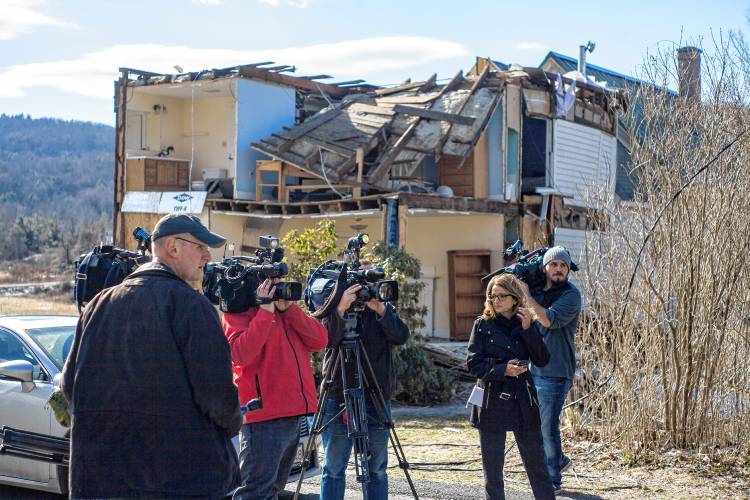Looking to increase civic engagement? Support the local press
The McGregor Mirror in Texas; The Mayo Free Press in Florida; The Olive Hill Times in Kentucky; The Progress Review in Iowa: What do all of these news outlets have in common? They’re all defunct; closed in the last year due to declining revenue and budget shortfalls.
Over the last 50 years, the journalism industry has sharply dropped—the decline over the last 15 years or so has been even more dramatic, driven by the Great Recession and a changing digital landscape. Since 2005, The Washington Post reports that 2,200 local print newspapers have permanently shut off the lights and closed their doors. Between 2008 and 2020, the number of local journalists reporting from America’s town halls and regional courtrooms fell by more than half. Many of these publications had covered local news in their communities for more than 100 years—some since the nation’s birth.
This loss of local news is fundamentally changing the communication landscape. It’s changing the way American neighbors talk to one another, the way public organizations disseminate information and the way constituents interact with their elected leaders.
It’s an evolution that should concern everyone, especially those working in local government, because it’s detrimental to the democratic process and makes it harder for administrators to educate their constituents—research has correlated civic engagement with the health of a community’s media coverage.
There are various reasons for the decline of the local press.
For one, the rise of social media and all things free-internet has shifted consumer expectations, and with it, the business model traditionally relied on by newspapers and local press has all but crumbled; online advertisement sales aren’t comparable to legacy print-ad revenue because digital ads rely on a ton of clicks and engagements.
Small-town publications can’t compete with the Facebooks and Googles of the world, which capture millions of clicks in minutes from an audience that’s not defined by jurisdictional barriers. Tech giants rule the ad realm. A report from the nonprofit American Economic Liberties Project outlines the extent of this control: 86 percent of online ad revenue today is bought and sold in a “stock market-like ‘advertising exchange’ controlled by these tech giants.” The remaining 14 percent of online ad revenue is split between the estimated 6,800 publications still publishing in the United States—of those, three are national publications and around 160 are regional.
A world without local journalism means a less-engaged constituency, because the decline of local journalism has been correlated via academic research with a decline in civic engagement. According to an article from The Journalist’s Resource, an advocacy organization that bridges the gap between academia and reporters, “Studies have found that areas with fewer local news outlets and declining coverage also have lower levels of civic engagement and voter turnout. On the other hand, studies show that areas with more local coverage tend to have increased turnout in local elections and lower spending on discretionary municipal projects. These findings suggest newspapers might play a role in encouraging political participation and accountability. “
The academic paper “Dead Newspapers and Citizens’ Civic Engagement” by Lee Shaker, which was published in 2014 by the journal Political Communication, quantifies this further. Scholars directly linked newspaper closures in Seattle and Denver with a decline in civic engagement by studying at a time period before and after both cities lost local papers. They found civic engagement dipped lower in that time than the national trend. Meanwhile, cities elsewhere with similar qualities, which didn’t lose local newspapers, “showed little evidence of decline.”
It’s important to recognize, within the context of this conversation, that marginalized people are most often the ones who find themselves in news deserts. This is an equity issue as much as it’s a democratic and governmental one. Journalism serves as a liaison between technical experts and the average citizen. It puts complex subjects into plain speech so constituents can form their own opinions.
Explanations that have been compressed into a few hundred words are more approachable.
So, those looking to increase civic engagement in their communities should take note—and support their local paper by communicating clearly with reporters, sending press releases before events, keeping them in the loop about the latest at city hall and by intentionally fostering trusting relationships with members of the press. If residents read local papers, they’ll become intimately aware of what’s going on in their community.
And the more they know, the more civically engaged they’ll be.




















